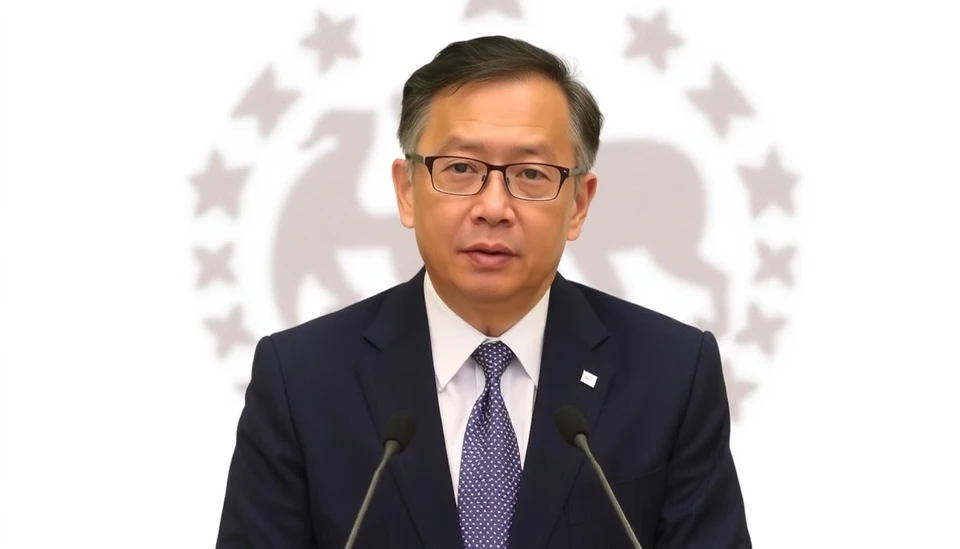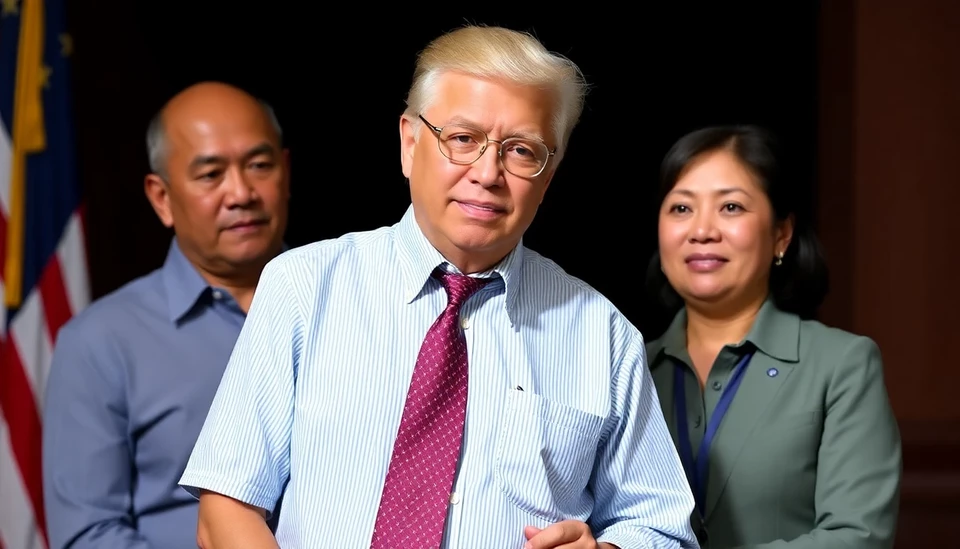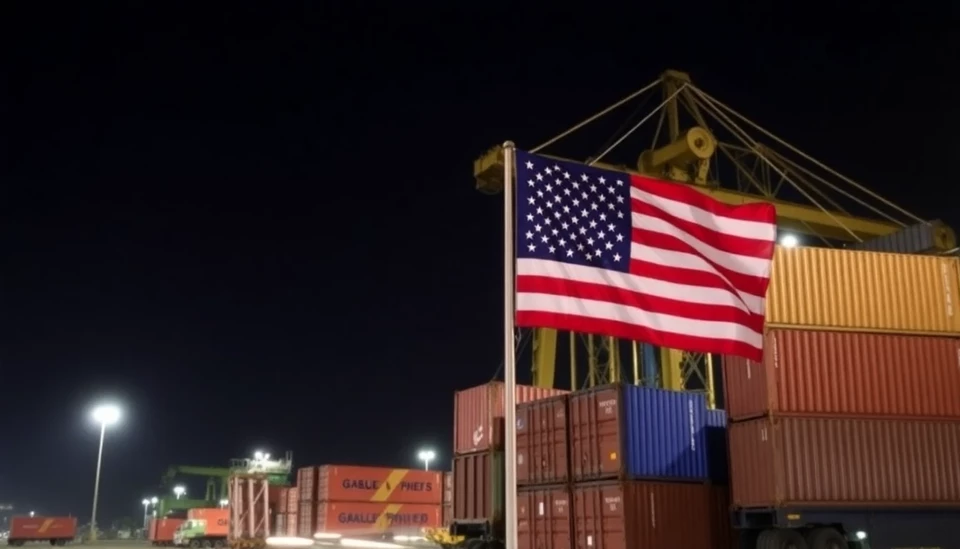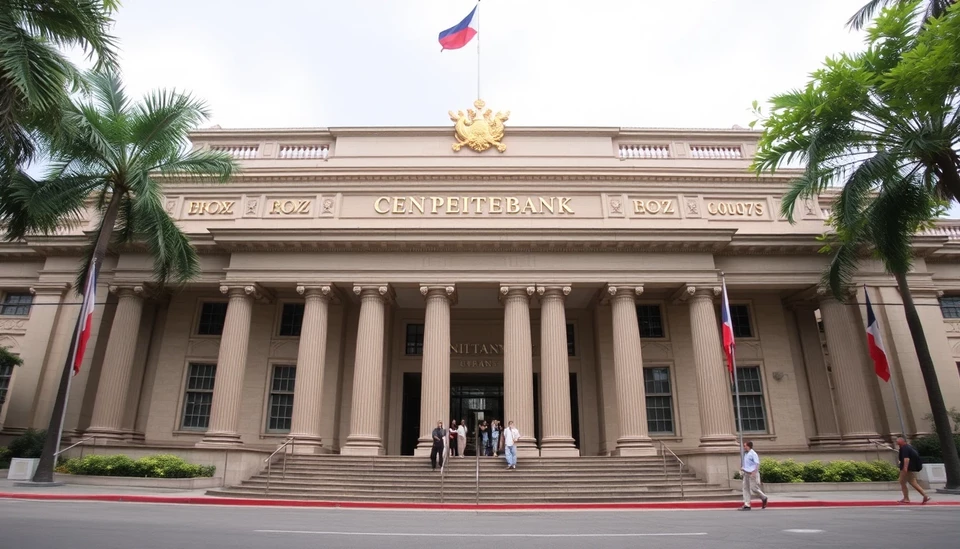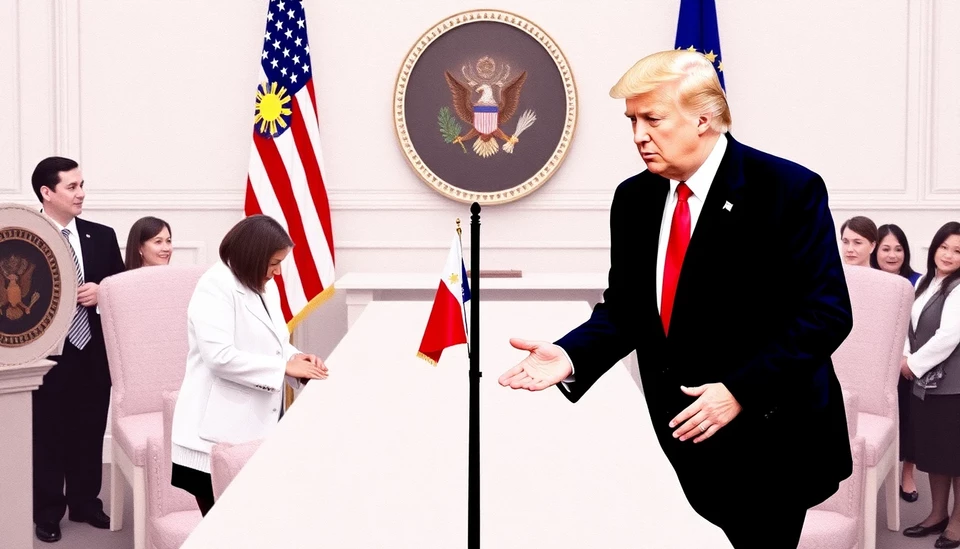
In a recent political shift marked by the potential return of Donald Trump to the U.S. presidency, the Philippines is making significant moves to bolster its economic relations, particularly with the United States. Responding to the outcome of the recent elections, Filipino officials indicate a renewed emphasis on enhancing diplomatic and economic ties, particularly with the looming possibility of Trump resuming office in January 2025.
The past few years have positioned the Philippines in a critical strategic space, particularly given the geopolitical tensions in the Asia-Pacific region, including those related to China. With Trump known for his unpredictable foreign policy, the Philippine government is strategizing to safeguard its economic partnerships and enhance trade agreements ahead of potential shifts in U.S. foreign policy.
President Ferdinand Marcos Jr. is at the forefront of these efforts, seeking not only to solidify existing ties but also to explore new economic avenues that could benefit the Philippines. This dedication includes engaging in comprehensive talks with U.S. officials and other stakeholders in an attempt to strengthen bilateral relations and improve trade dynamics.
The Marcos administration is particularly focused on continuing the military cooperation displayed under the former U.S. administration, which solidified the defense relationship between the two nations. This military partnership is seen as vital amid regional tensions, especially concerning Chinese aggression in the South China Sea. The sentiment in Manila underscores the importance of maintaining a staunch ally in Washington, particularly with Trump's foreign policies likely shifting back towards America-first strategies.
With Trump's victory rallying his supporters, the Philippines appears ready to adapt its economic strategies in alignment with any transformative changes brought by a potential Trump presidency. Filipino officials are reportedly engaging in discussions with U.S. businesses, aiming to attract more investment into the nation’s economy while expanding exports to the American market.
Moreover, conversations have intensified around critical sectors such as agriculture, energy, and technology, which are anticipated to create significant opportunities for growth and collaboration. The Philippines aims to diversify its economic partnerships, ensuring stability and resilience against fluctuations in global markets, especially given the unpredictable nature of U.S. politics.
Despite the uncertainties tied to a potential Trump administration, the proactive approach of the Philippines highlights its commitment to fortifying economic integration, not just with the U.S. but also within its Southeast Asian neighbors. The belief is that a diversified economic strategy can provide a buffer against the unpredictable tides of global politics.
As a result, the Philippines is not merely sitting back and waiting to adapt to these changes; rather, it is actively laying the groundwork for a robust economic framework designed to thrive, regardless of the political winds that may blow from Washington D.C. in the coming years. This strategic maneuvering is an essential part of the Philippines' broader plan to ensure that its economy not only survives but flourishes, regardless of external pressures.
Only time will tell how effective these strategies will be, but the Philippines’ eagerness to align itself closely with the U.S. indicates a recognition of the importance of maintaining strong international relationships amidst geopolitical uncertainty.
#Philippines #Trump2024 #USPhilippinesRelations #EconomicGrowth #Geopolitics #TradeAgreements #MilitaryCooperation
Author: Daniel Foster
